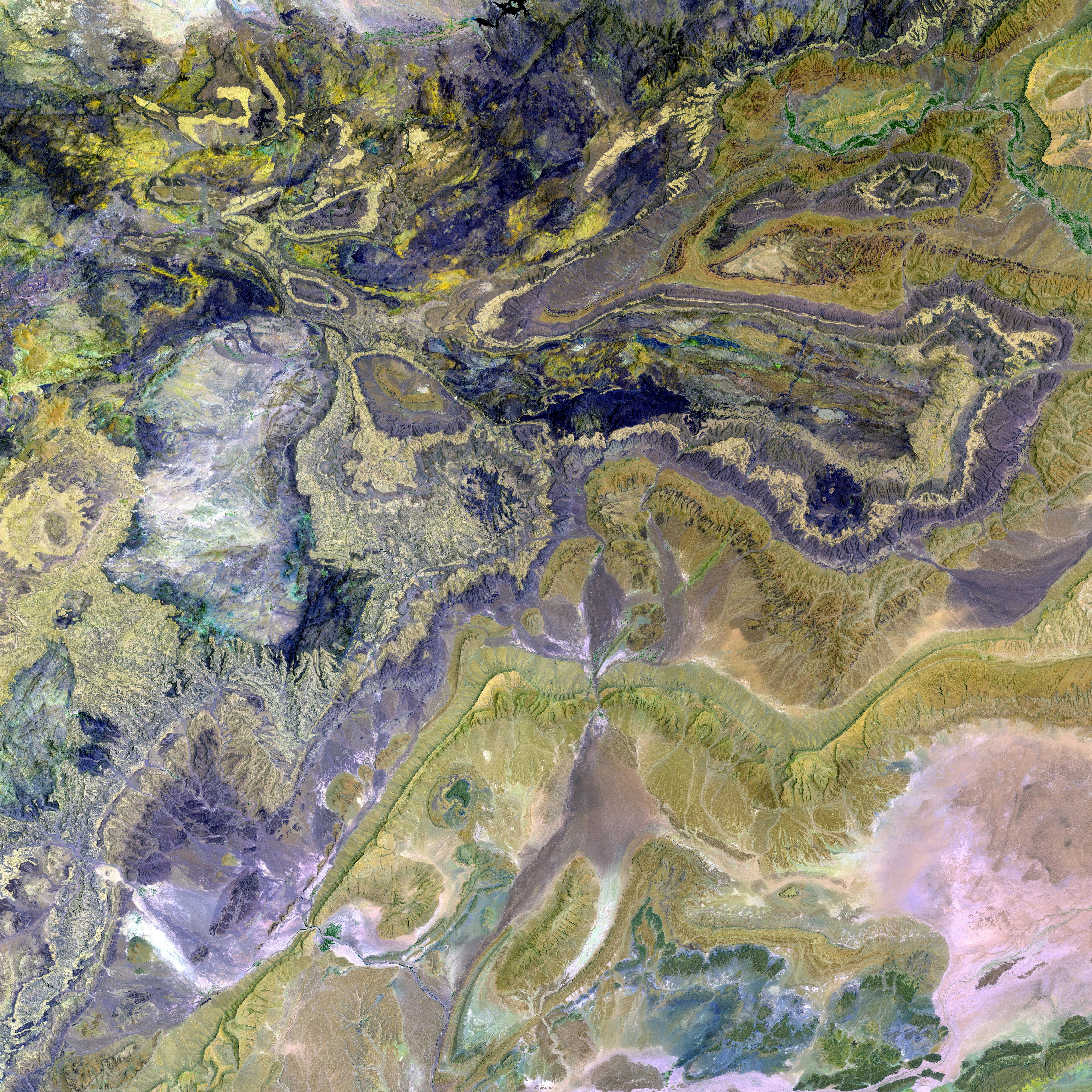Zelenskyy declined Russia's proposal for a truce on Victory Day.
Updating the Standoff: Russia's Ceasefire Proposal and Ukraine's Response
In celebration of the 80th Victory anniversary, the President of Russia proposed a temporary truce from May 7 to 11. Ukraine's President, Volodymyr Zelensky, declined this offer, citing safety concerns for foreign guests attending the Moscow parade on May 9.
According to RIA Novosti, Zelensky asserted that Kyiv cannot vouch for the safety of visitors in Russia during the aforementioned period. Speaking to journalists, he stated, "Our stance is straightforward regarding all nations visiting or planning to attend Russia on May 9 - we cannot accept responsibility for incidents within the Russian Federation; they assure their safety."
Previously, a ceasefire was implemented from April 19 to 21. Though Putin urged Ukraine to respect this truce, he warned of potential breaches from Ukraine's side. The Russian Ministry of Defense reported a staggering 4,900 violations during the last ceasefire.
Crimea's Future: A Persistent Question Mark
Historically, Russia calls for a ceasefire around significant dates such as the Victory Day anniversary (May 9). Ukraine, however, has been wary of or outright ignored these temporary ceasefire proposals from Russia during ongoing military conflicts. Zelensky's recent stance on temporary ceasefires typically remains firm—rejecting unilateral offers without assurances of long-lasting peace or substantial concessions from Russia.
In relation to the safety of foreign guests at the Moscow Victory Day parade, while tight security measures are usually in place, the broader tensions and active conflicts in the region could amplify security concerns. If Ukraine does not accept the ceasefire, it won't directly impact the safety of foreign guests in Moscow. However, ongoing conflicts and broader geopolitical frictions could affect diplomatic participation and influence public perceptions of safety.
- In line with past practices, Russia often proposes temporary ceasefires around significant dates like the Victory Day anniversary (May 9).
- Zelensky's recent stance on temporary ceasefires generally remains firm, often rejecting unilateral offers without guarantees of long-lasting peace or significant concessions from Russia.
- Despite the ongoing prospect of a ceasefire, Crimea's future remains uncertain, as Ukraine has shown a skeptical or dismissive attitude towards Russia's temporary ceasefire proposals during periods of military conflict.
- Although the safety of foreign guests at the Moscow Victory Day parade may not be affected by Ukraine's decision regarding the ceasefire, broader geopolitical tensions could impact diplomatic participation and contribute to increased perceptions of risk and insecurity.







